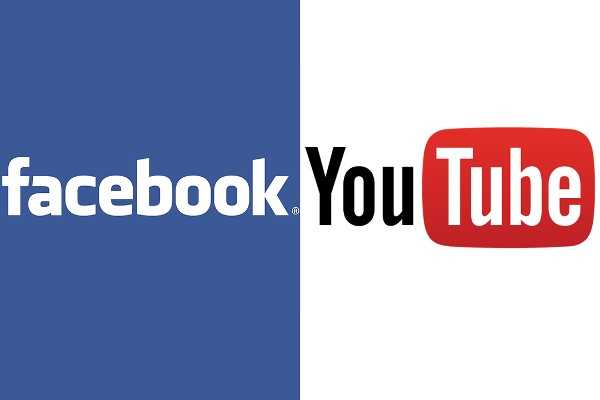Web 3.0 And Ethereum Classic

The most ambitious goal for Ethereum Classic (ETC) is to replace the World Wide Web (Web). Blockchain based replacements for the Web are often referred to as Web 3.0.
Web 2.0

The Web was developed by Tim Berners-Lee and first made publicly available in 1991. It is a user friendly general purpose system based on the Internet. Initially the Web mainly contained simple static content such as primitive personal home pages. As the Web evolved, greater dynamism and interactivity was possible such as with social media. This improved Web is often referred to as Web 2.0. The term was popularized by Tim O’Reilly.
Web 3.0

Neither the Internet nor the Web were initially designed to be trustless systems. Components have been steadily introduced to improve security such as Transport Layer Security (TLS), certificate authorities, and, Domain Name System Security Extensions (DNSSEC). Unfortunately, many such improvements are only partially adopted.
Gavin Wood popularized the term Web 3.0 for blockchain based trustless alternatives to the Web. Confusingly, Web 3.0 also sometimes refers to the Semantic Web. Furthermore, Web3 also refers to a standard set of ETC application programming interfaces.
Peer To Peer
Web 3.0 is a peer to peer replacement for the Web. A peer to peer architecture is required to build trustless systems.
Pseudonymous
Web 3.0 users are pseudonymous. They are only identified by their accounts, unlike the Web, where addresses can be associated with identities.
Extensible
ETC requires access to additional short and long term storage systems to replace the Web. The InterPlanetary File System (IPFS) is an example of a compelling peer to peer storage system that can integrate with ETC.
Evolving
The Web currently coexists with blockchain systems. Websites access these systems to provide additional functionality. As ETC and related systems mature, browsers will increasingly just point to these Web alternatives thus ushering in the era of Web 3.0.
Conclusion

A public, censorship resistant, pseudonymous, auditable, reliable, secure and trustless replacement for the Web is a compelling vision. ETC, IPFS and related tools can deliver Web 3.0. It is therefore understandable why so many are enamored with ETC and its potential.
Feedback
You can contact me by clicking any of these icons:



Acknowledgements
I would like to thank IOHK (Input Output Hong Kong) for funding this effort.
License

This work is licensed under the Creative Commons Attribution ShareAlike 4.0 International License.
